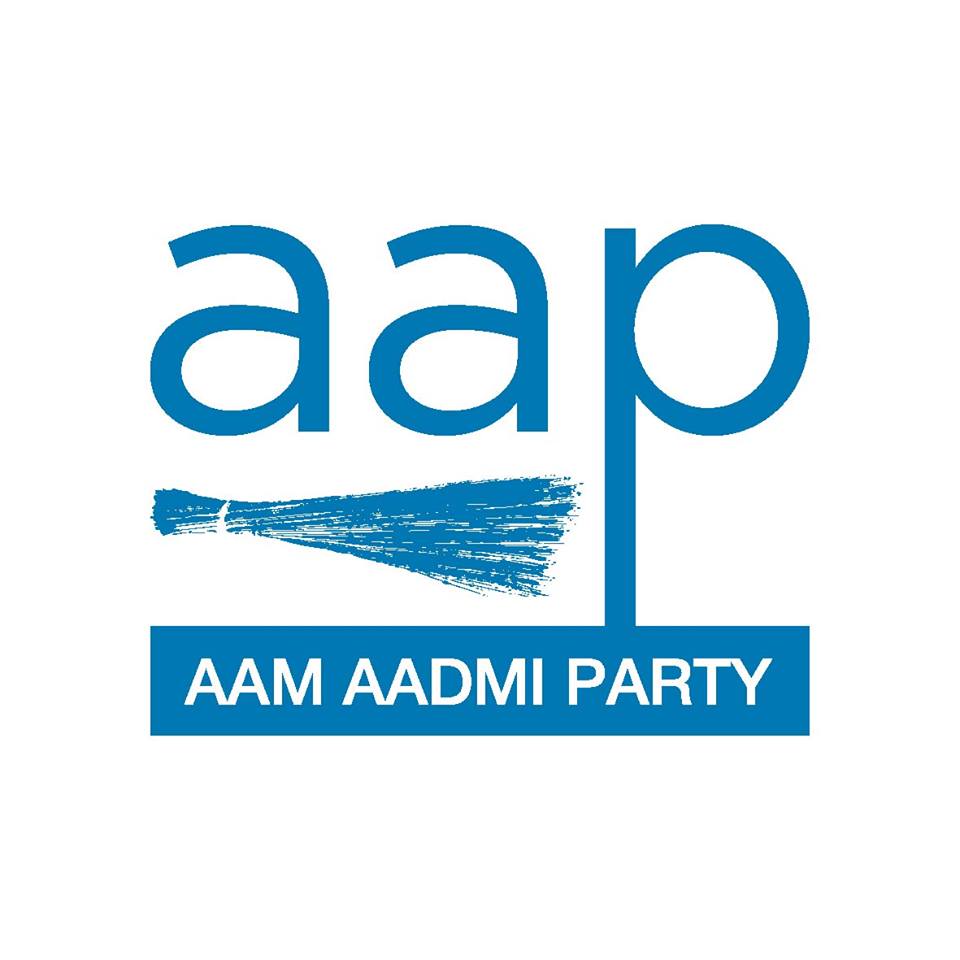Chief Minister Shri Arvind Kejriwal has once again sent the file for the appointment of the Delhi Electricity Regulatory Commission (DERC) Chairperson to the Lieutenant Governor (LG) of Delhi. This action follows the stern reprimand issued by the Supreme Court of India on May 19, which directed the LG to fulfil the appointment within a two-week timeframe. The Delhi Government has put forward the name of Retired Justice Rajiv Kumar Srivastava for the prestigious role of DERC Chairperson.
The recent decisions handed down by the Supreme Court on May 11, 2023, in the Services Matter and May 19, 2023, in the DERC matter, reaffirmed the constitutional framework that requires the LG to act upon the “aid and advice” of the state government, except in matters pertaining to land, law and order, and the police force.
The appointment of the DERC Chairperson is crucial to effectively regulate the electricity sector in Delhi. Four months ago, Chief Minister Shri Arvind Kejriwal approved the appointment of retired Justice Rajiv Kumar Srivastava as the DERC Chairperson. The proposal was presented by then-Deputy Chief Minister Shri Manish Sisodia, who was in charge for the Power Ministry. Prior to this, the appointment of the two previous DERC Chairpersons was carried out through the same process outlined in the Electricity Act.
Concerned about the delay in the appointment of the DERC Chairperson by the LG, the Delhi Government filed a petition in the Supreme Court. In the petition, the Delhi Government stated that the name of retired Justice Rajiv Kumar Srivastava, a former judge of the Madhya Pradesh High Court, was proposed in January as the new DERC Chairperson.
The Delhi Government referred to Section 84(2) of the Electricity Act, which requires consultation with the Chief Justice of the High Court of the appointee’s original jurisdiction. In this case, the Madhya Pradesh High Court has already given its consent for the appointment of Justice Rajiv Kumar Srivastava. Previously, during the appointment of DERC Chairperson Justice Shabibul Hasanain, who was a judge of the Allahabad High Court, the same process was followed by seeking consent from the Chief Justice of the Allahabad High Court.
On May 19, the Supreme Court ordered the Delhi LG to make a decision on the matter within two weeks while hearing the case. The Supreme Court also stated that the LG of Delhi is obligated to work in cooperation and on the aid and advice of the elected government. In light of the Supreme Court’s order, Chief Minister Shri Arvind Kejriwal has once again sent the file to the LG, recommending the appointment of retired Justice Rajiv Kumar Srivastava as the DERC Chairperson.
Notably, according to Article 239AA of the Constitution, the Lieutenant Governor is bound to act solely based on the aid and advice of the council of ministers, led by the Chief Minister. It has been a well-established constitutional principle for the past 50 years that the powers vested in a nominal and unelected head of state should only be exercised under the “aid and advice” of the Council of Ministers.
A Constitution Bench of the Supreme Court, in its judgement in the case of State (NCT of Delhi) v. Union of India (2018) 8 SCC 501, established that the elected government of NCT of Delhi possesses exclusive executive powers over all subjects in the State and Concurrent List, with the exception of “public order,” “police,” and “land.” To this end, para 284.17 of the Supreme Court order issued on July 4, 2018 states, “The meaning of “aid and advise” employed in Article 239-AA(4) has to be construed to mean that the Lieutenant Governor of NCT of Delhi is bound by the aid and advice of the Council of Ministers and this position holds true so long as the Lieutenant Governor does not exercise his power under the proviso to clause (4) of Article 239-AA. The Lieutenant Governor has not been entrusted with any independent decision-making power. He has to either act on the “aid and advice” of the Council of Ministers or he is bound to implement the decision taken by the President on a reference being made by him.”
Further, para 475.20 of the same judgement reads that in a Cabinet form of Government, the substantive power of decision-making vests in the Council of Ministers with the Chief Minister as its head. “The aid and advice provision contained in the substantive 38 part of Article 239-AA(4) recognises this principle. When the Lieutenant Governor acts on the basis of the aid and advice of the Council of Ministers, this recognises that real decision-making authority in a democratic form of Government vests in the executive. Even when the Lieutenant Governor makes a reference to the President under the terms of the proviso, he has to abide by the decision which is arrived at by the President… There is no independent authority vested in the Lieutenant Governor to take decisions.”
Furthermore, a 5-judge Constitution Bench, in its order dated 11th May 2023 in Civil Appeal 2357 of 2017 (the Services judgement), upheld this position. It reiterated that, in light of Article 239AA and the 2018 SC Constitution Bench judgement, the LG is bound by the aid and advice of the Council of Ministers of NCTD in matters falling within the legislative scope of NCTD.

